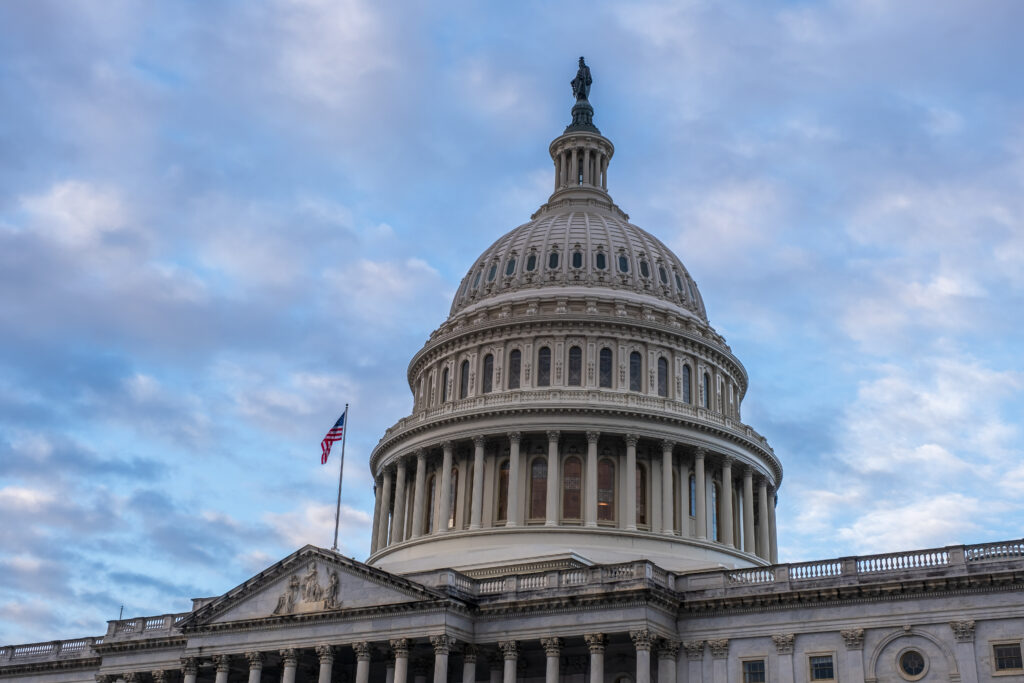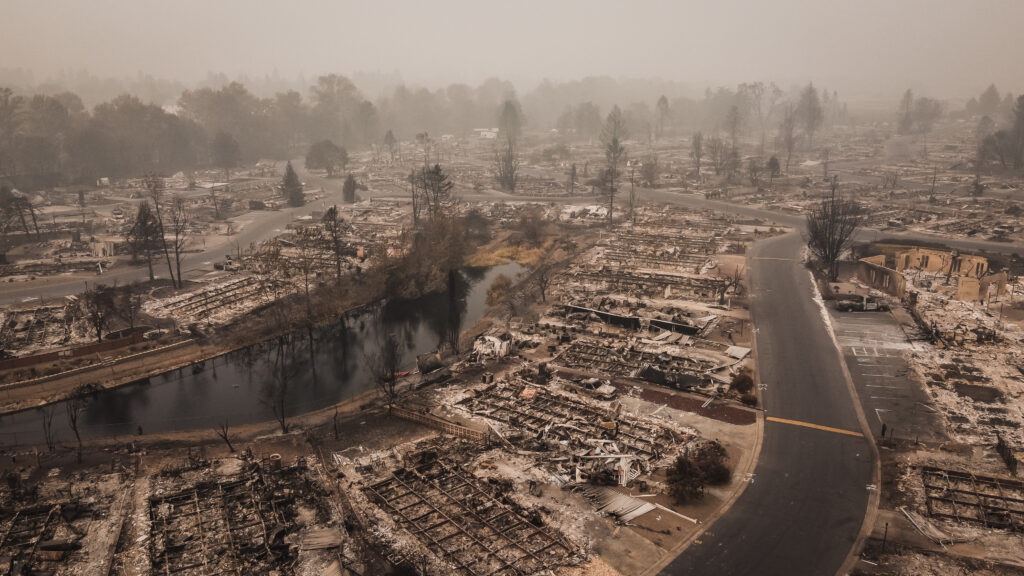The District of Columbia Council, the legislative body of the city of Washington, DC, voted unanimously to restrict short-term room and house rentals.
The ordinance would ban property owners from offering more than one home for short-term rentals lasting less than 30 days. It would also limit homeowners from renting space in their primary residence more than a total of 90 nights a year unless the owner is present on the property at the time of the rentals.
In addition, homeowners would have to register their property with the city government and obtain a license for the rentals. The license would have to be displayed in any advertising, including on cell phone software applications. There are also recordkeeping and inspection requirements on the homeowner.
Mayor to Decide
The ordinance was sent to DC Mayor Muriel Bowser for her signature or a veto, which can be overridden by a two-thirds vote of the council. The proposed law would then go into effect on October 1, 2019. Bowser had not yet signed the bill at press time.
Technically, under current zoning regulations, rentals are not allowed in residentially zoned neighborhoods, where 80 percent to 90 percent of homesharing occurs. The DC Zoning Commission could modify the regulations to conform to the new law.
The final draft of the ordinance, passed in November, includes hardship exemptions for military and foreign service personnel, and those facing medical crises, who aren’t able to be physically present on their property during the rentals. The exemptions were added after the Council held a preliminary vote on the ordinance in October.
High Costs to City
Washington, DC Chief Financial Officer Jeffrey DeWitt says the regulations would cost the city government $21.7 million in fiscal year 2019, or $104.1 million over four years.
Over four years, the city would lose $96 million in occupancy tax revenue and incur $8 million in increased costs to hire 20 additional officers to administer and enforce the ordinance, DeWitt told the City Council in October.
Online booking services such as Airbnb pay the city’s 14.8 percent occupancy tax on behalf of the property owners. The tax applies to the rental price, including any cleaning fees and guest fees for reservations.
The bill passed by the City Council does not appropriate additional funds or implement budget cuts to offset the anticipated loss of revenue and added enforcement costs.
Campaign Against Homesharing
The new regulations were passed after a $500,000 advertising campaign supporting restrictions on short-term rentals began in September. The campaign was backed by the short-term rental opposition organization It’s Time D.C. with the support of AirbnbWATCH, a project of American Family Voices, an advocacy group. The hotel industry and hospitality worker unions also supported the proposed restrictions.
Dia Michels, cochair of the DC Short Term Rental Alliance, which opposes the regulations, says the ordinance resulted from concerns about a growing shortage of affordable housing in the city.
“What we have now is people buying apartment buildings and converting the apartment building into Airbnbs,” Michels said. “Everyone is opposed to that. It takes too much housing off the market. It changes the whole flavor of the neighborhood. And it provides profit to people who don’t live in the city and don’t care about the city.”
“You also have a bunch of people, investors, who will come in and buy up 20 houses,” Michels added. “You can only do that if you’re part of an investor group and turn them all into Airbnbs.”
Cites Homesharing Benefits
The legislation overlooks the ways short-term rentals benefit local communities, and it will ultimately do more harm than good, says Michels.
Putting a home on Airbnb encourages homeowners to maintain their property, Michels says.
“Every Airbnb house is incredibly maintained, Michels said. “When you’re in a situation when every single person is going to rate your house, you keep your house in immaculate condition.”
Michels says Airbnbs attract people to different areas of local communities, bring in revenue, and create employment.
“The hotels are all located on commercial tracks, and all the revenue—the grocery stores and the coffee shops and the newsstands that people go to—are surrounding these hotels in a handful of commercial districts,” Michels said. “But the Airbnb houses are all over the city. They’re in all eight wards. Ward Eight is the one with the lowest income per capita, and there’s not one hotel in that ward. But there are a bunch of Airbnbs. And those Airbnbs introduced people to areas they’d otherwise never see and bring money into local coffee shops and local restaurants.”
‘Embrace the Sharing Economy’
Nick Zaiac, commercial freedom fellow at the R Street Institute, says banning peer-to-peer economy services like Airbnb reduces the income of people who depend on it.
“People have been renting rooms at their houses for as long as there were houses,” said Zaiac. “Now you just have online platforms that make it easy. By banning that, you ban easy-to-find money for people who don’t have time to search for a part-time job.”
Governments should embrace the peer-to-peer economy, Michels says.
“DC is trying to position itself as an innovative, business-friendly, exciting place,” Michels said. “Well, if you don’t embrace the sharing economy, you’re not any of those things.
“If you’ve got a situation where the rich get richer and the poor get poorer, that’s what the sharing economy addresses,” Michels said. “The sharing economy allows a small person to be an entrepreneur. It allows money to be distributed. It helps society to become more productive and share the wealth.”
Sarah Quinlan ([email protected]) writes from New York City, New York.




